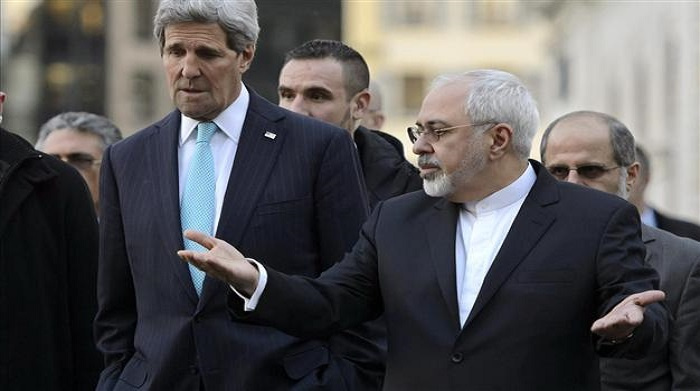John Kerry’s Letter: A Binding Commitment

Following the US Congress’ adoption of the bill regarding entrance visas for 38 countries which did not previously need them, John Kerry, the US Secretary of State, immediately wrote a letter to Iran’s Foreign Minister reiterating that the US is committed to the implementation of the JPOAC. The letter written by the US Secretary of State to his Iranian counterpart is an agreement stating that he is bound to implement his commitments. Based on this letter, the US Secretary of State is bound to first remain committed to the implementation of the JPOAC and second to make an exceptional case of visa for those who have business trips to Iran so that they would not need visa to enter the US. European Union countries have expressed strong criticism against this bill which was adopted by the US Congress. Any step which would create limitations in the international economic interactions without any legal basis will be resisted by Europe. As an example, when Bill Clinton issued unilateral sanctions against Iran, Europeans believed that these sanctions were against the laws of the World Trade Organization and international laws and resisted against its implementation. Of course, it seems impossible that the western countries will refrain from the implementation of their commitments or create limitations for investment and trade with Iran, but the outcome of Kerry’s letter must seriously be considered.
The events in France and the statements made by ISIS regarding further operations in Europe and the US caused Barack Obama to propose the issue of visas to safeguard the security of the US. This measure was later adopted by the US Congress. The issue of security is very significant in election campaigns and the US officials intend to create obstacles for the entrance of Muslims to their country. Obama is accused of not dealing with the terrorists in a proper and harsh manner. Therefore, recent sanctions were proposed. It is not impossible that in the future the US Congress take steps to impose further sanctions against Iran, but any sanction related to the JPOAC will be vetoed by Obama. And if he signs these sanctions, it will be in violation of the nuclear deal.
In any case, if economic or political sanctions are adopted in the US Congress, it will certainly not be binding for the EU and other countries including China and Japan. Previous sanctions were adopted by the UN Security Council, thus, according to international law, countries of the world were bound to impose sanctions against Iran but future US sanctions will not be binding for any other country.

